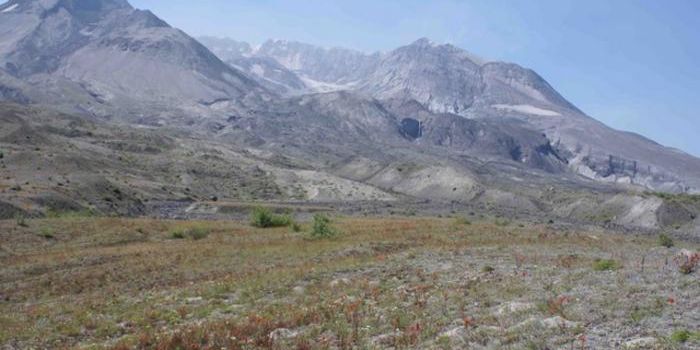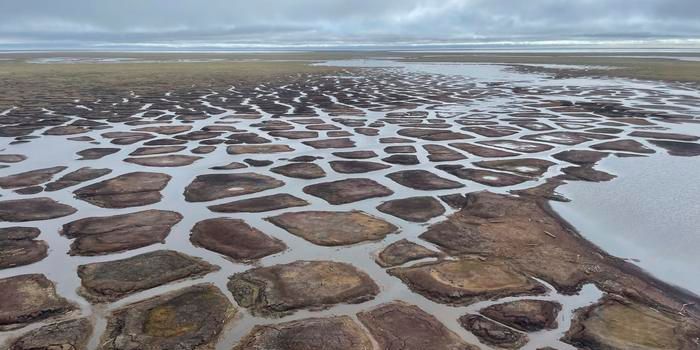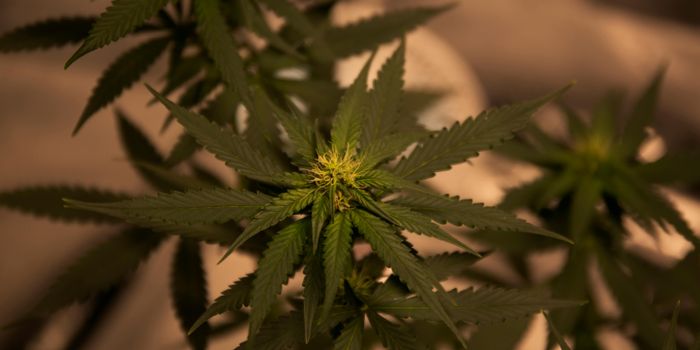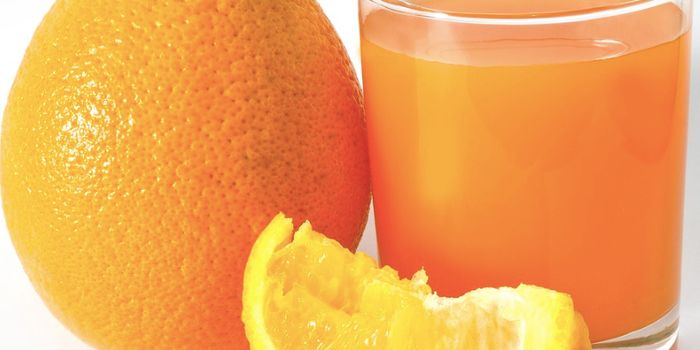Climate Change Is Making Freshwater Food Chains More Toxic
Climate change is affecting our world in a range of ways. One key effect of climate change—rising temperatures—wreaks havoc in aquatic ecosystems, both salt and freshwater. Saltwater ecosystem, in particularly, have garnered a lot of attention; according to the EPA, sea temperatures have risen about 0.14 of a degree each decade over the last century. However, something similar is happening in freshwater systems, affecting the health and wellbeing of organisms in these ecosystems.
A new study published in Scientific Reports is looking more closely at how climate change is affecting the very base of freshwater ecosystems: phytoplankton. Specifically, the study examined how warming temperatures and the phenomenon known as browning (a change in water color caused by increased levels of dissolved organic matter) could lower concentrations of healthy polyunsaturated fats (PUFA’s) and increase levels of toxic mercury in freshwater phytoplankton, negatively impacting food chains.
The study, conducted by researchers at Dartmouth and the Swedish University of Agricultural Sciences, was a mesocosm study in an attempt to replicate real conditions in a controlled environment. While other research has been conducted on browning and water temperature, this was the first study of its kind done using mesocosm methodology. Using this methodology, researchers looked at the interaction between warmer water temperatures and browning and how these two factors affected PUFAs and mercury levels.
Findings from the study suggested that in warmer, browner water, phytoplankton, which make up the base of freshwater food chains, had higher levels of toxic mercury and lower levels of healthy, essential PUFAs. PUFAs are essential to the growth and development of organisms throughout a food chain; this startling discovery raises many questions about how these changes at the base of a food chain will affect organisms higher up in the food web and what can be done about it.
“This study shows that the food quality at the base of aquatic food webs deteriorates with climate change. The research is important because it places food web investigations within the context of active global change processes,” said Kevin Bishop, the senior study researcher.
Sources: Eureka Alert!; Scientific Reports; EPA








